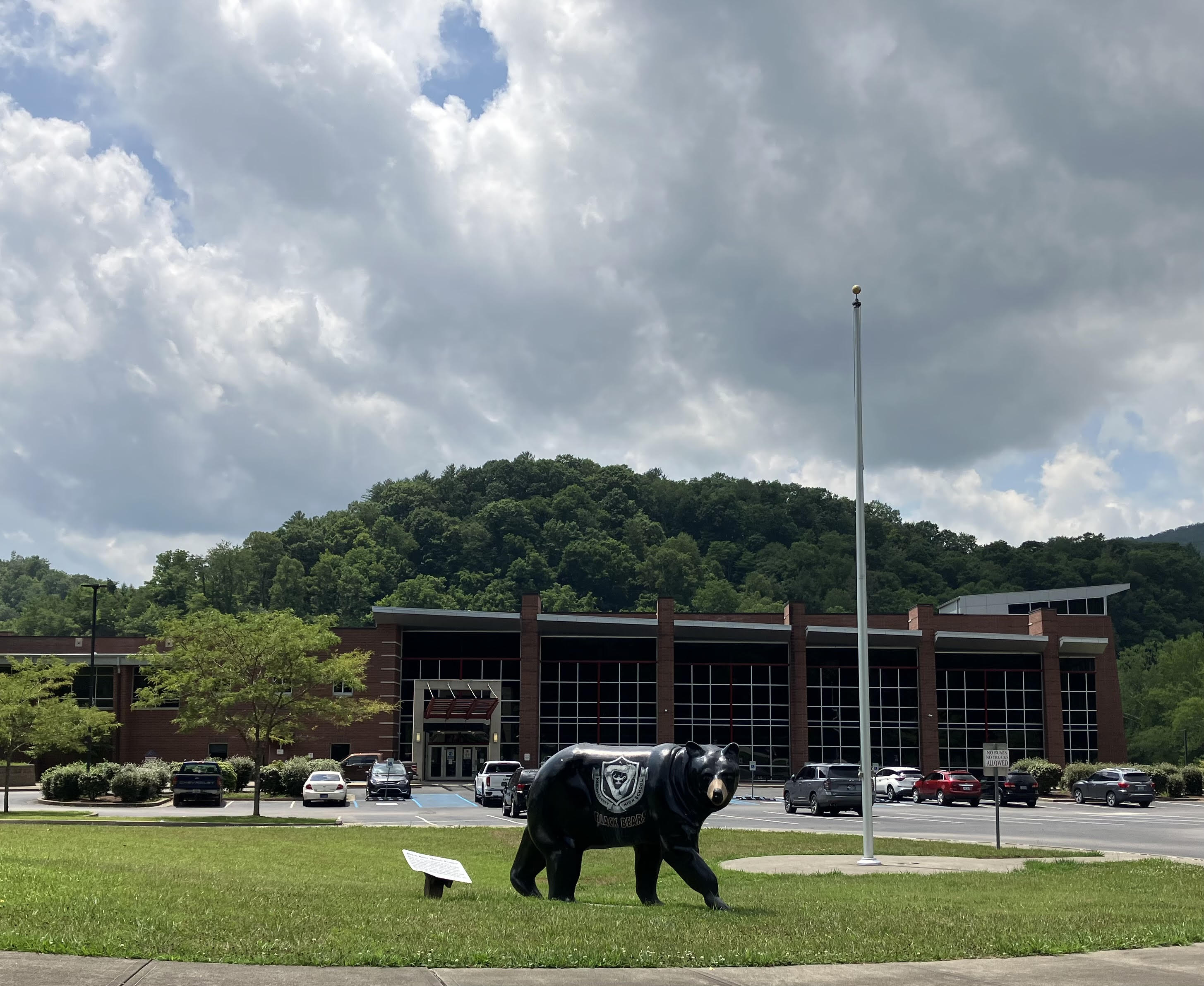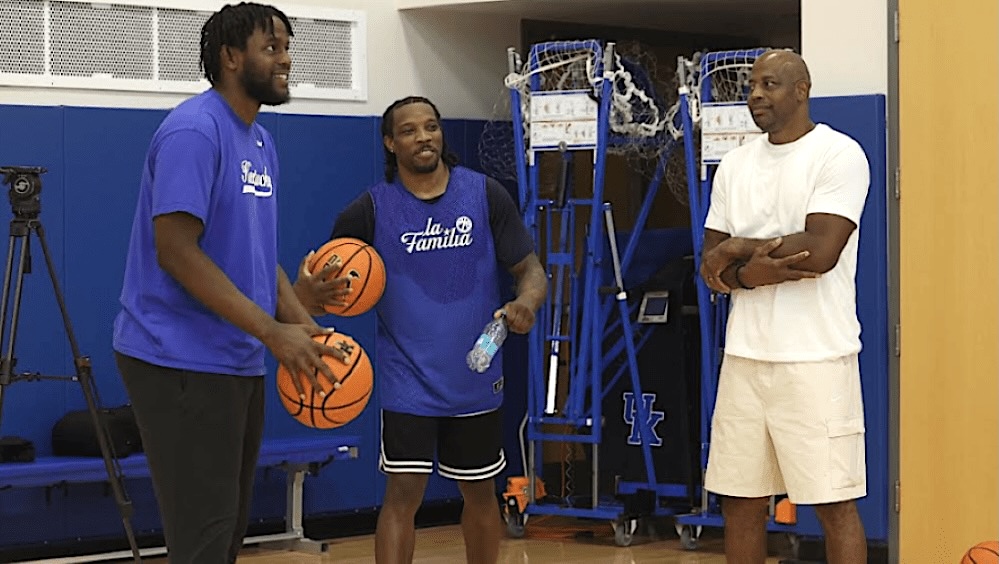Growing up in a small, southern town
Published 10:22 am Monday, April 30, 2018
There are about a million stereotypes about growing up in a southern town. Most of them are outrageous, but some couldn’t be more true. I’ve lived in Kentucky my entire life, and when I state that I have loved growing up here, people always seem to ask, “What’s so special about your town?”
I’ll admit, sometimes life here can be bland, boring, etc. We aren’t rich, most of us are just below middle class, and we don’t have magnificent skyscrapers or things as simple as taxis. There isn’t a lot of diversity, and most people are stubborn with their beliefs. Yes, almost everyone in our town is Christian/Baptist, and if you aren’t it’s considered odd. Not everyone here abides by those stereotypes, and I’ve never understood why some of them are even considered bad. Before you judge what you don’t understand, try looking for a deeper understanding.
Looking back onto my childhood, all I own are authentic memories of family and love. I see my brothers and I jumping on a trampoline until the springs nearly broke. I see my father’s dirty hands from work, covered in the darkest of coal, as he reads me to sleep. I see my mother’s gorgeous laugh and bright smile as she forces me into a dress for a church ceremony I didn’t want to attend. I can still feel that fear in my stomach I felt as a child when I saw what was happening to the families on TV — divorce, affairs, arguments, fighting, children being taken away from their homes. I saw everything, and I was terrified of how those things would affect my life and my family whom I cared for so much. Family is the most important word to me, and growing up where I live, family is everything.
Trending
I’ve been to my fair share of cities, and for the most part, southern people tend to be more polite. When I’m in the city, people aren’t necessarily rude or impolite, but in my town it’s rare to walk anywhere without hearing a constant “please,” “thank you,” or “yes ma’am/sir.” It’s a cultural thing to “respect our elders” and “never judge a book by its cover.” If you aren’t polite, you better watch your back, our elders love to scold and pester the children here (usually playfully, of course). Not only are we more polite than average, but we tend to be more nature-centered (which is an almost obvious point, I’m aware). For most people, nature is like a vacation or occasional enjoyment. There are trees and green grass in most places, I’m fully aware, but is it normal for you to see an enormous bear in your yard. Is it normal to drive four-wheelers through roads on steep hills, covering yourself in mud just for fun or climbing the never-ending heights of mountains just to look down? Within the walls of our society, life is deemed normal. As soon as you step over the wall, it’s an uncivilized forest.
When you live in a truly southern town, it can be stressful growing up. There are many expectations from those above you. Uniqueness here is rare. Men are expected to be hard working, respectful and strong, while women are expected to marry, have children, care for the home and be modest. As our world has evolved, so has our society, and things have certainly changed. Although that is true, we still hold history’s strict morals and beliefs to our heart. Racism and equality issues are still common problems, along with homelessness. We even have a song about our town’s dark past. It speaks about how miners dealt with severe and unstable conditions and often died of work or poverty. This is where the song’s name originates, “You’ll Never Leave Harlan Alive,” and our town’s nickname “Bloody Harlan.” Once you receive a name or label, it’s difficult to abandon it. Think of the saying, “It’s one of those towns where everybody knows your name.”
Growing up where I live holds millions of ups and downs. It can be exhausting, but it can also be full of love and opportunity. I have never regretted growing up here, and I have never been ashamed of it either. I have learned morals and lessons that I may not have received had I lived in a city. I have seen the parts of the earth that history has attempted to hide due to its violent past. Without mistakes, there is no evolution. By using our mistakes, the past, our world has evolved and changed for the better, and it will continue to do so.
Emily Day is a freshman at Harlan County High School and is a member of the Bear Tracks newspaper staff and a student in the communications/creative writing class at HCHS. This is a continuing series of columns produced by student writers.






